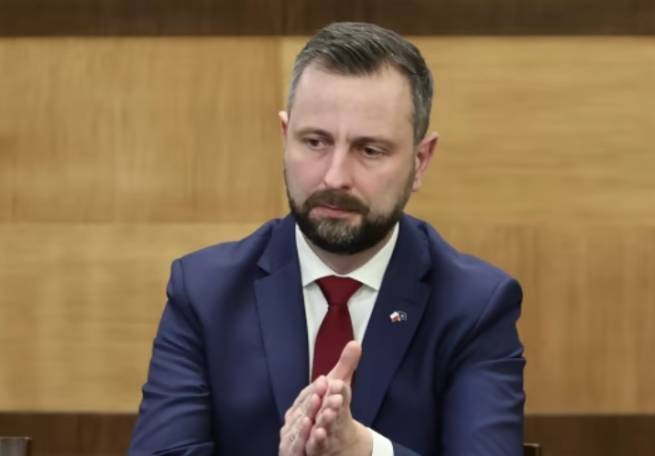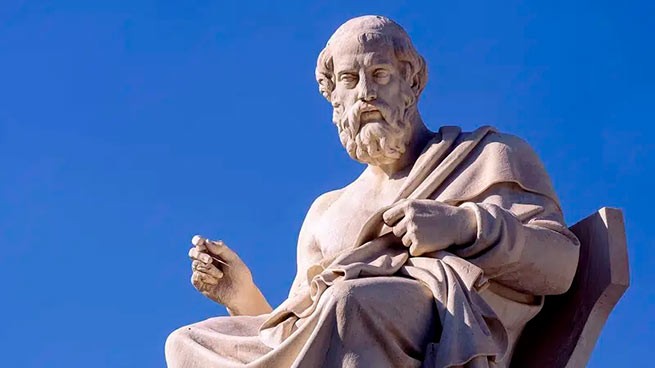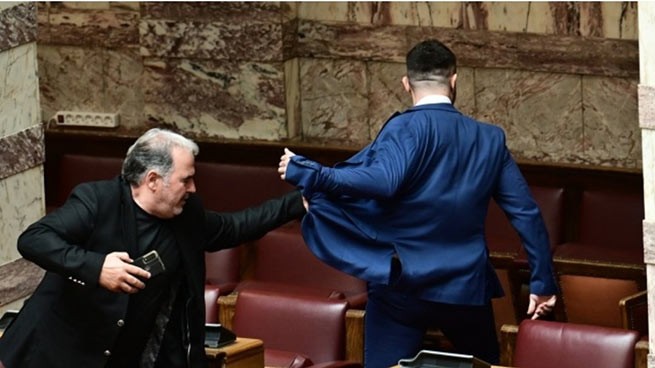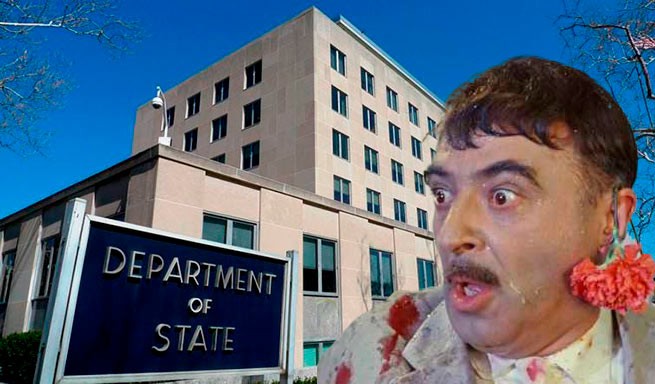The Balkans are becoming a center of attraction for many external interests – from Beijing to Washington and from Brussels to Riyadh. Ankara is showing noticeable activity in this direction.
The region is important for Turkey from a historical, cultural, political and economic point of view, it serves as a “bridge” to Europe. In addition, the Turkic-Islamic paradigm of foreign policy pushes Ankara to take active actions: almost 17 million or more than a third of the total population here are Muslims,[i] and Recep Tayyip Erdogan positions himself as the main “advocate” of the Islamic world. And it must be admitted that his authority as the patron of the Balkan ummah is growing.
Muslims are numerically predominant in Albania, Kosovo, Bosnia and Herzegovina, Sandzak (in Serbia). And in Macedonia and Montenegro, for example, the proportion of the Muslim population is 33% and 17%, respectively. Moreover, the peninsula is home to about one and a half million Balkan Turks, despite the fact that many of them emigrated to Turkey, and after the Second World War, Turkey and Greece exchanged populations.
Ankara began to show increased interest in the region since the collapse of Yugoslavia. But a new impulse Balkan direction received in 2009, with the arrival of Ahmet Davutoglu in the Turkish Foreign Ministry, who announced that Turkey would take on the role of mediator between the EU and the countries of the region, contributing to the rapprochement and integration of the latter into Euro-Atlantic structures.
Since then, Turkish-Balkan foreign economic relations and military-political cooperation have been characterized by progressive growth. Its main direction was the involvement of the states of the region in NATO programs, the reform of the armed forces of the Balkan states in accordance with its standards. Since 1995, Ankara has taken part in all NATO operations in the Balkans, sent its troops to the international security forces in Kosovo, Bosnia and Herzegovina. And she does not plan to stop – Serbian, Croatian and Albanian languages are taught in Turkish military schools.
In recent years, Turkey has increasingly made people talk about its “soft power”, and the Balkans are no exception. Dozens of projects in education, healthcare and culture are being implemented here. Turkey finances humanitarian campaigns, invests large sums in educational and medical projects, in infrastructure and energy facilities. A plan is underway to create joint textbooks on the history of the region with Albania, North Macedonia, Bosnia and Herzegovina. And according to the Internet publication Balkan Insight, the popularity of Turkish soap operas in the Balkans contributes to the growth of Turkey’s prestige, while allowing it to “rewrite history”.
If in the 1990s Ankara’s Balkan policy was aimed primarily at ethnically and religiously close states and groups of the population, today Turkey is trying to “cover” all the countries of the peninsula with its attention. At the same time, the Turks consider Albania, Bosnia and Herzegovina, North Macedonia, and Romania to be the main partners. The “second tier” counterparties are Croatia, Montenegro, Kosovo and Serbia. Moreover, the importance of the latter in the eyes of Turkish diplomacy is growing.
So, Erdogan, who visited Belgrade last October, called Serbia “a key country for peace and stability in the Balkans”, cooperation with which has reached an “ideal” level.
The opponents include Bulgaria (to a lesser extent) and Greece – countries in which anti-Turkish sentiments are strong. Especially Greece. As the Turkish newspaper Hürriyet notes, Ankara and Athens “confront each other on several fronts” land border, the waters of the Aegean Sea, Cyprus and the whole Eastern Mediterranean, where controversial issues remain about the natural gas-rich continental shelf and maritime boundaries…[ii] The dispute about the ownership of the explored and alleged gas fields very recently almost turned into an open confrontation: Greek Defense Minister Nikos Panayotopoulos, in an interview with the Greek TV channel Star, then even threatened to “take up arms.” His Turkish counterpart responded adequately: “… we are persistent and decisive in protecting our interests and our rights, and we have the necessary power for this.” True enough, both sides softened their rhetoric pretty soon.
In the Balkan region, Turkey has to compete, first of all, with the European Union, which reasonably considers the region as a “natural” zone of its interests. Moreover, the intensity of this competition is growing as the general cooling of relations between Ankara and Brussels.
The Euro-Atlantic vector today dominates the foreign policy of almost all Balkan countries, despite the fact that the bright expectations from the expansion of cooperation with the West are not always justified. “European solidarity does not exist,” the Serbian president said sadly, for example, declaring a state of emergency in the country due to the coronavirus pandemic. [iii] However, Bulgaria, Romania, Albania, Croatia, Montenegro and North Macedonia joined NATO. Bulgaria, Greece, Romania and Croatia are EU members. Serbia and Montenegro are negotiating accession to a united Europe, Albania and North Macedonia Brussels has given the green light to this. Although at the same time, EU officials have recently increasingly admitted that they no longer have the capacity to admit new members – there are enough internal problems.
However, the EU does not reduce its activity, since, according to a number of Western analysts, the hopes of the countries of the region for joining the EU are almost the only factor holding back the next “Balkan explosion”. Plus, the Europeans are worried about the growing activity of Turkey, Saudi Arabia and the UAE in the region. Recall that back in 2017, Austrian Defense Minister Hans-Peter Doskotsil expressed concern about the “slow Islamization of the Balkans.” And, of course, the EU is doing its best to reduce the influence of Russia and China.
In this matter, Washington is showing complete unanimity with Brussels. For example, in May 2018, US Secretary of State Mike Pompeo, speaking at the Foreign Affairs Committee of the US House of Representatives, said that Russia (and Turkey too) was allegedly engaged in “destabilizing the situation” in the Balkans. Hence – the strengthening of the military presence of the Americans (their military bases are located on the territory of three countries of the region) and the attraction of the Balkan states to NATO programs. Although, according to the official formulation of the State Department, the only goal of American policy in the Balkans is “to assist the states of the region in strengthening peace, establishing stability and creating conditions for development.”[iv] But the Balkans remember the Yugoslav crisis and the role of NATO in the aggressive collapse of this state.
In the current conditions of friction with Ankara, Washington is pushing to create its military infrastructure based on Romania, where elements of the US missile defense system are located, and Bulgaria, where as many as four American military bases are deployed. And two years ago, the United States announced the creation of several more bases on the peninsula, mainly in Greece.
Today the Balkans can be classified as an important area for Russian foreign policy. In a number of countries, and above all in Serbia, there is still a request for a Russian presence. According to the authors of the report “Where are the Balkans Going? A New Paradigm of Cooperation for Russia ”(2018) of the Valdai Discussion Club, Russia needs to make efforts to expand the circle of partners in this region, while at the same time establishing interaction with external players.[v] One of the directions of such interaction could be the continuation of “Turkish Stream” to Europe.
Returning to Turkey, let us emphasize the importance of the region within the framework of the “neo-Ottoman” paradigm, which implies the spread of economic, cultural and political influence over the former territories of the Ottoman Empire. This doctrine has not been officially declared in recent years, but in fact constitutes the ideological basis of the state’s foreign policy.
In the 90s of the last century, in the wake of euphoria from the formation of a number of Turkic states, one of the main directions of Ankara’s foreign policy was proclaimed the creation of the “Turkic world” – in the opinion of the country’s political elites, leadership in this “world” would increase the importance of Turkey by international arena and would thus facilitate its accession to the European Union. Now it seems that a more ambitious task has been set: within the framework of this ideology, Turkey claims to position itself as an equal partner for the whole of united Europe, and its presence in the Balkans is vitally important for it.
The “Turkic world” did not take shape for many reasons, among other things, the idea was not supported by the West. Turkey did not have enough of its own strength and influence to implement it. Likewise, the West does not need any form of Pax Ottomana, and efforts to build one could ultimately prove to be an overwhelming burden for the Turkish economy.
The opinion of the author may not coincide with the position of the editorial board.
[i] https://www.livepopulation.com/world.html
[iii] https://eurasia.expert/chto-stoit-za-povorotom-balkan-na-vostok/
[iv] http://alleuropa.ru/?p=16273






More Stories
Poll: which European countries are ready to defend their homeland to the last
K. Mitsotakis announced readiness for the fire season
Greece must transfer the Patriot PAC-3 system to Ukraine with US “guarantees” against the Turkish threat